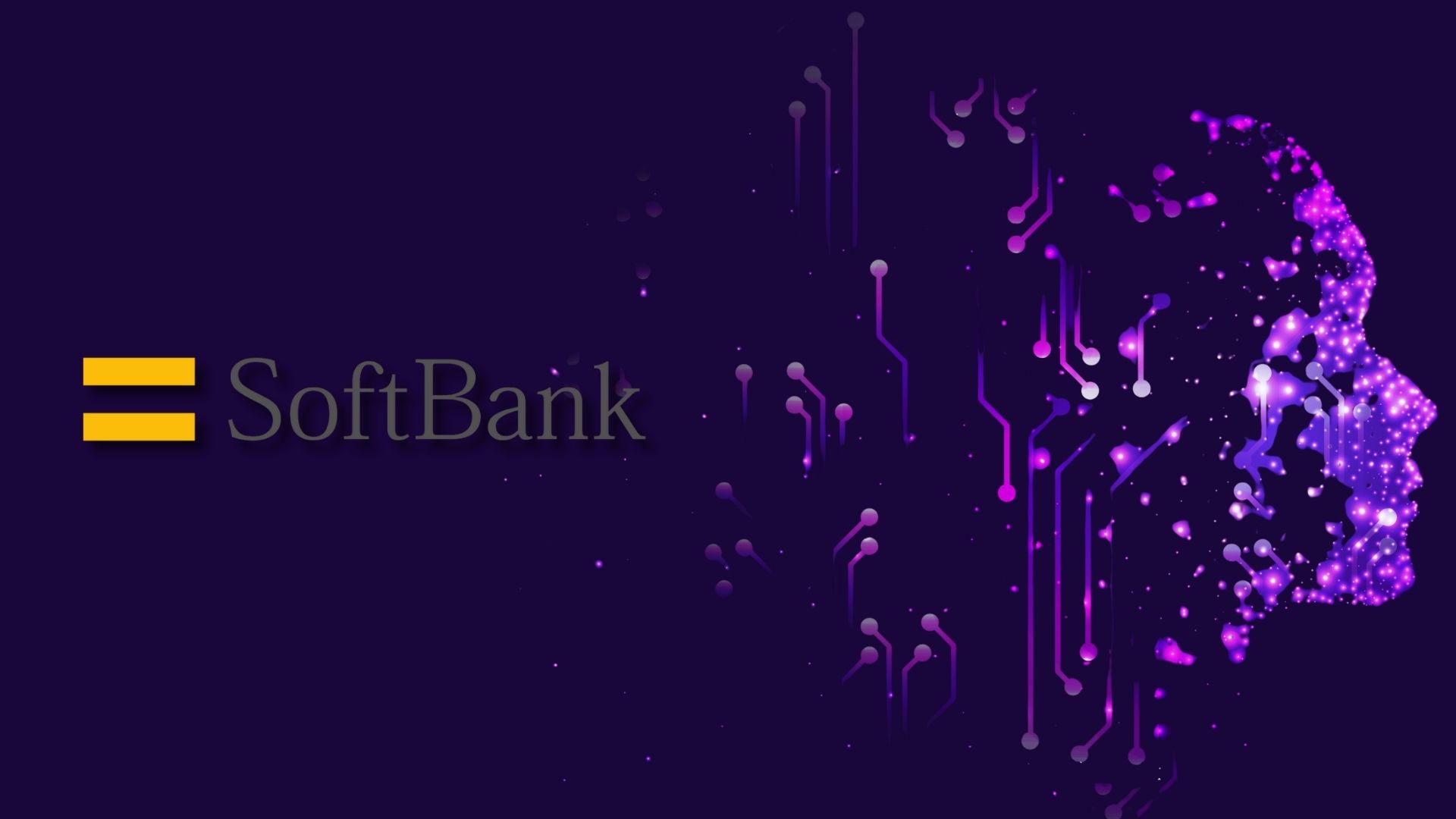Poland’s Sejm has upheld President Karol Nawrocki’s veto of the cryptoassets bill, blocking plans to place the digital asset market under the Financial Supervision Authority in line with EU MiCA rules. The attempt to override the veto failed to reach the required three-fifths majority.
Prime Minister Donald Tusk condemned the decision, warning that gaps in regulation leave parts of the cryptocurrency sector exposed to influence from Russian and Belarusian actors, organised crime groups and foreign intelligence networks.
He argued that the bill would have strengthened national security by giving authorities better tools to oversee risky segments of the market.
The president’s advisers defended the veto as protection against excessive, unclear regulation and accused the government of framing the vote as a false choice involving criminal groups.
President Nawrocki later disputed the government’s claims of foreign intelligence threats, saying no such warnings were raised during earlier consultations.
Tusk vowed to submit the bill again, insisting that swift regulation is essential to safeguard Poland’s financial system. He stated that further delays pose unnecessary risks and urged the opposition and the president to reconsider their stance.
Would you like to learn more about AI, tech and digital diplomacy? If so, ask our Diplo chatbot!










